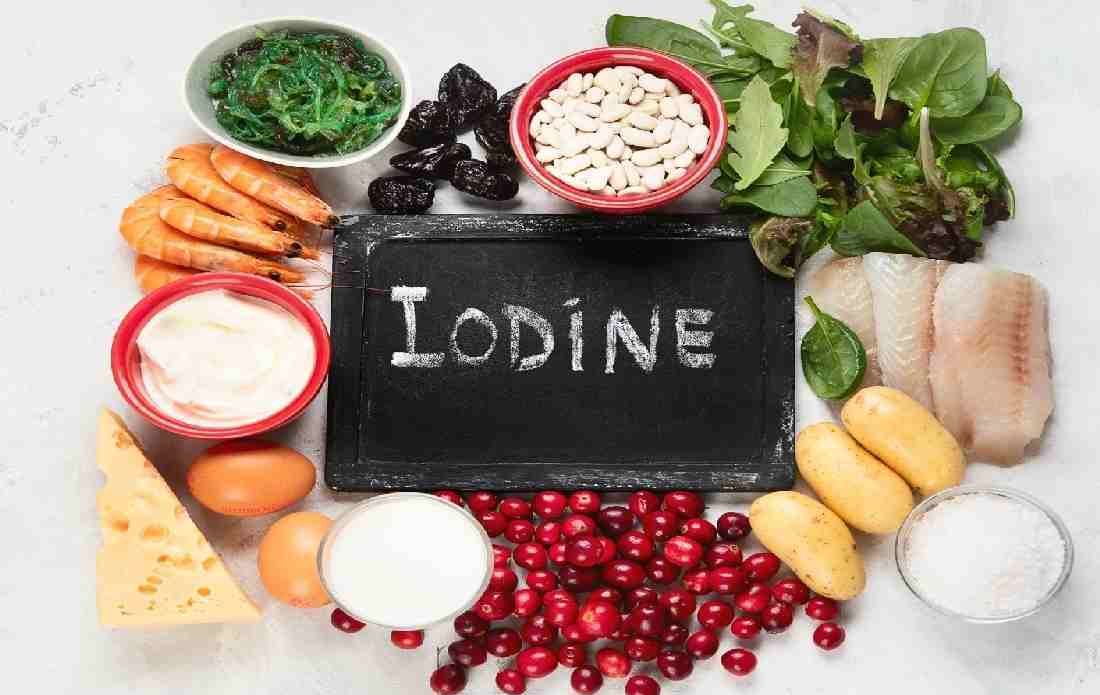Experts have warned that iodine deficiency could cause serious health risks, such as dwarfism or delayed physical growth or mental development.
The German Federal Centre for Nutrition reported that iodine deficiency in pregnant women exposes the fetus to the risk of deformities and may lead to miscarriage, as well as cause hypothyroidism and increase the risk of death.
The centre explained that in adults iodine deficiency causes the enlargement of the thyroid gland, the formation of nodules and some thyroid disorders, known as hypothyroidism along with a deficiency in the production of some hormones.
For prevention, the centre stressed the need to supply the body with ample quantities of iodine through the consumption of iodine-rich foods such as dairy products daily, as well as eating fish, such as salmon once or twice a week and using iodized food salt.
The centre further explained that the need for iodine is determined by several factors, including age, and based on the data of the German Nutrition Society, infants need between 40 and 80 micrograms per day while youth and adults need 200 micrograms per day.
Furthermore, the centre recommended that pregnant and lactating women consume an additional 100 – 150 micrograms per day of iodine in the form of tablets after consulting a doctor, to ensure that they are protected from iodine deficiency and related health risks.
Iodine is a trace element, which plays a vital role in various processes throughout the body such as helping to form the thyroid hormones controlling metabolism.
Moreover, the body needs iodine for normal growth, bone building, mental development and energy production.













